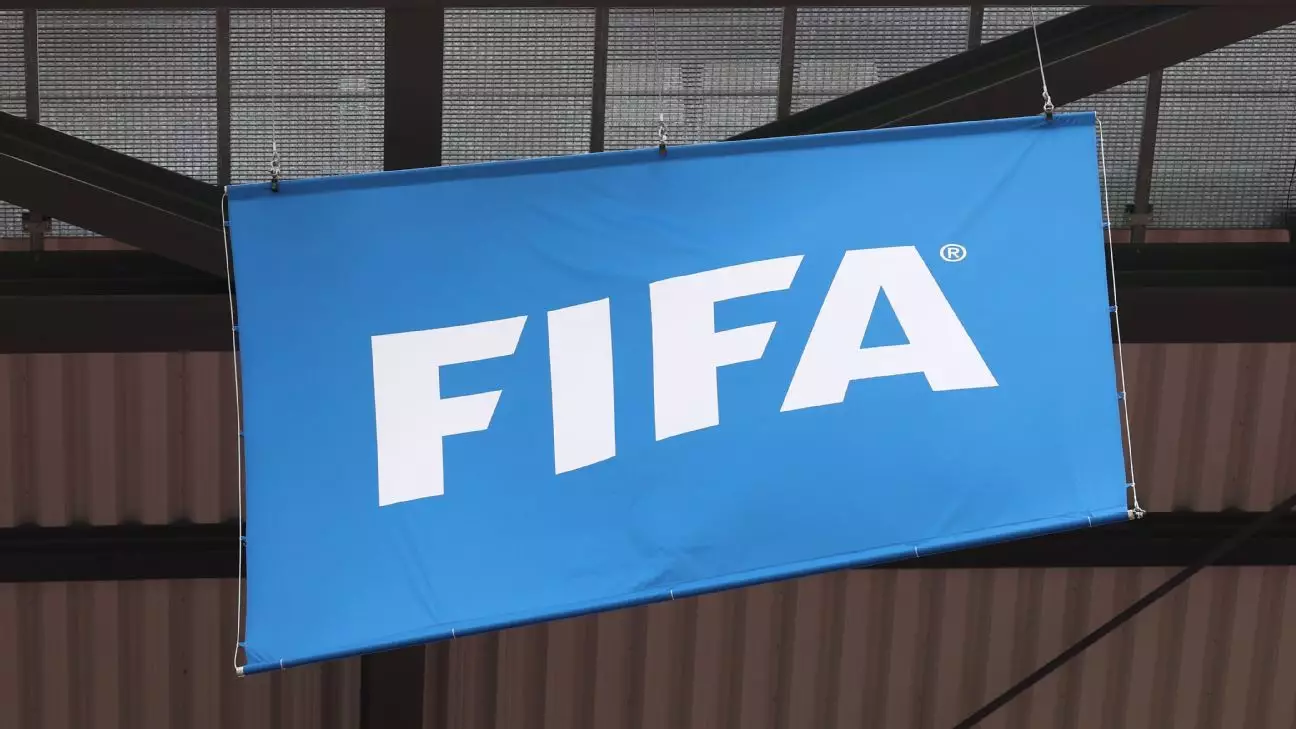The balance between commercial interests and player welfare has become a contentious topic in professional soccer. Recently, the European Leagues umbrella organization, in collaboration with the FIFPRO players’ union and Spain’s LaLiga, took a bold step to confront FIFA concerning an increasingly congested soccer calendar. The plan to lodge a joint complaint with the European Union (EU) indicates a systematic pushback against what many perceive to be FIFA’s monopolistic control over the sport. This situation has not only brought to light the struggles players endure but has also reignited discussions over the regulatory powers governing the sport.
Surprisingly, the relentless expansion of the soccer schedule has begun to weigh heavily on the players themselves. Despite earning lucrative salaries, many athletes report high levels of both physical exhaustion and psychological strain due to the relentless cycle of matches and travel commitments. The pressure to perform at elite levels while navigating demanding schedules is creating an environment ripe for injuries and burnout. Discontent among players is palpable; it raises questions about whether the obligations imposed by governing bodies should prevail over player health and longevity.
The escalating strain on player welfare has led to a wave of legal challenges against FIFA’s practices. Just weeks before the planned legal action by European Leagues, FIFPRO, and LaLiga, a notable ruling by Europe’s highest court concluded that FIFA’s transfer regulations violated EU law. This pivotal decision, originating from a case involving former French player Lassana Diarra, highlights a growing trend of athletes and organizations seeking legal recourse through EU channels to redefine the balance of power between players and governing bodies.
FIFA’s defense of its scheduling practices centers on the argument that these changes were made with consultation from various stakeholders, including FIFPRO and league representatives. However, this stance has not curtailed the dissent from leagues and unions who argue that the current structure is unsustainable for both players’ health and the integrity of national competitions. The crux of the complaint is not only about increased match frequency but also about the overarching control FIFA wields, prompting essential discussions about what constitutes fair governance in international soccer.
As the complaint heads to EU antitrust regulators, it symbolizes a critical juncture for the future of soccer governance. Both FIFA and the leagues are at a crossroads: the outcome has the potential to reshape the landscape of international soccer in terms of how players are treated and how matches are scheduled. The appeal does not merely target calendar reform, but serves as a clarion call for the reassessment of the power dynamics at play in the sport. The importance of creating a sustainable and equitable structure cannot be overstated, as it affects not only the current players but the generations to come. The impending decisions may lay the groundwork for a healthier, fairer environment in which players can thrive, free from the overbearing pressures of an ever-expanding calendar.

Leave a Reply